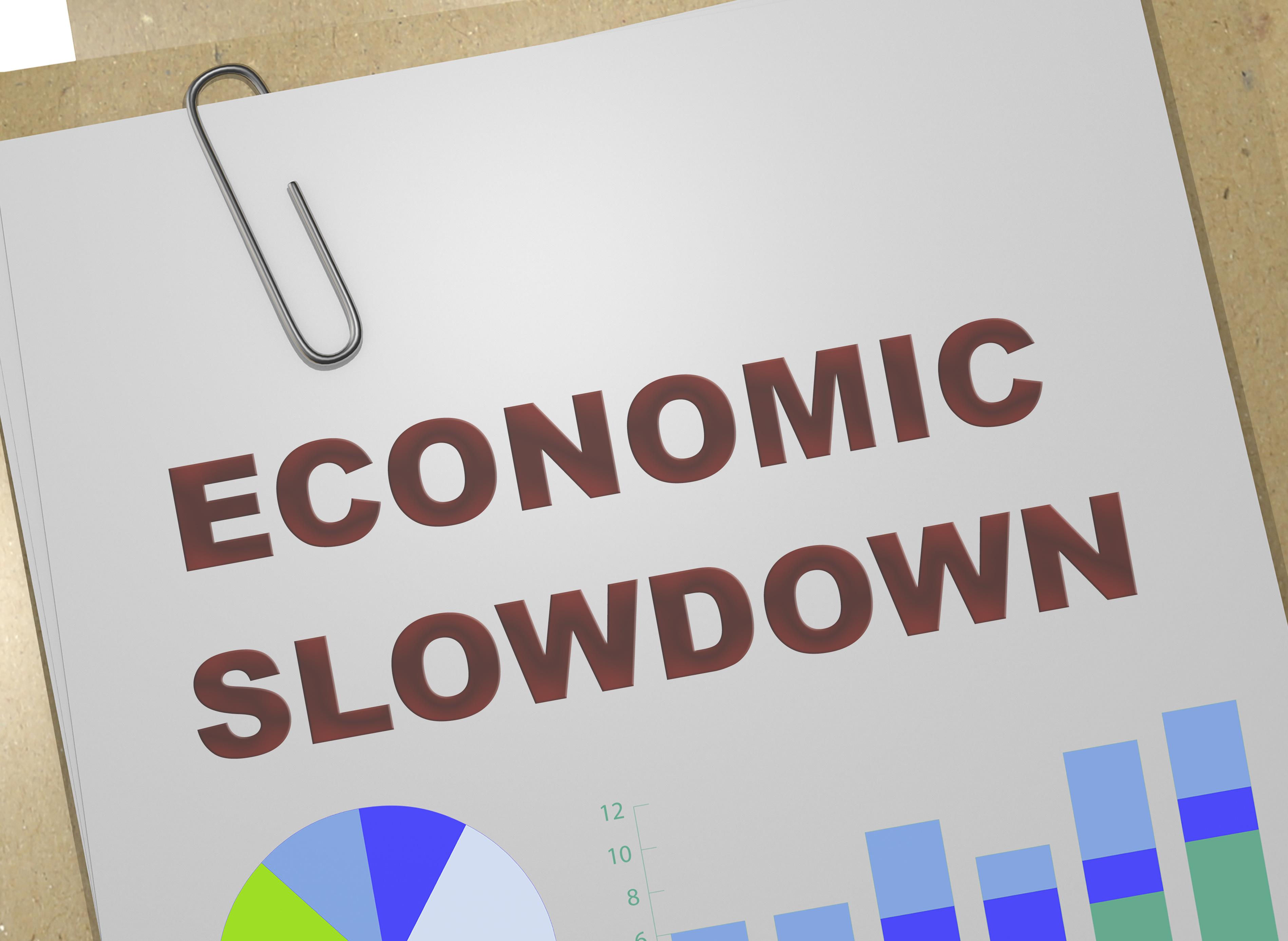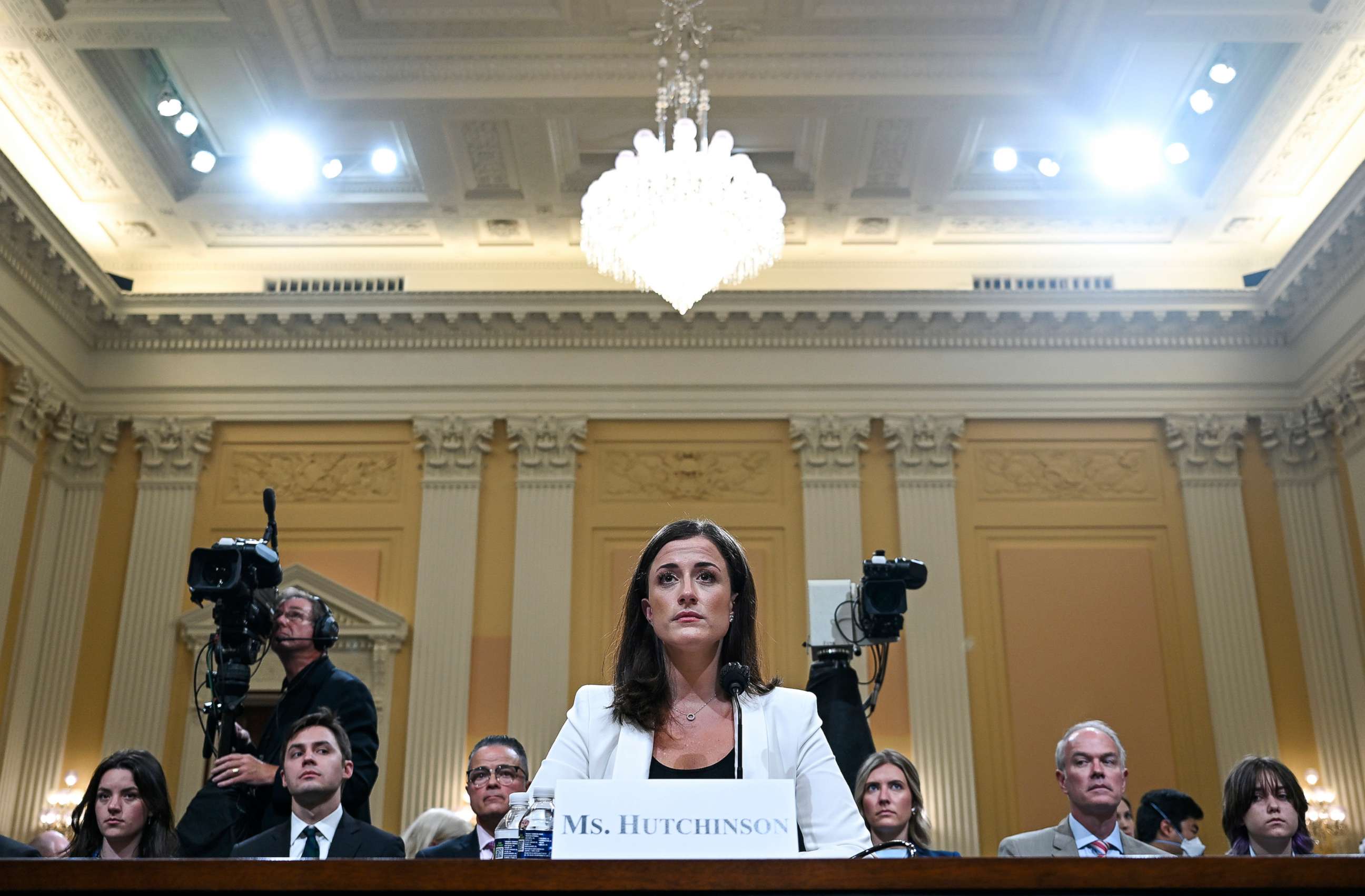Canada's Anti-Trump Sentiment: A Divided Nation?

Table of Contents
Economic Impacts and Trade Tensions
The Trump administration's "America First" approach ignited considerable anxiety in Canada, particularly concerning trade. The renegotiation of NAFTA, culminating in the USMCA (United States-Mexico-Canada Agreement), was a protracted and often contentious process, characterized by threats of tariffs and trade wars. This uncertainty created palpable economic tension.
- Impact on specific Canadian industries: Sectors like lumber and dairy faced significant challenges due to threatened tariffs and protectionist measures. Canadian producers experienced uncertainty and struggled to maintain market access.
- Job losses and economic uncertainty: The threat of trade wars fueled concerns about job losses and economic instability, particularly in regions heavily reliant on trade with the United States.
- Shift in trade relationships towards other countries: Canada actively sought to diversify its trade relationships, exploring opportunities with partners in Asia, Europe, and elsewhere to reduce its dependence on the US market.
- Canadian government's response and strategies to mitigate negative impacts: The Canadian government implemented various strategies to support affected industries and workers, including financial aid packages and initiatives to promote diversification.
Social and Political Polarization
Beyond economics, Trump's policies on immigration, environmental protection, and international relations sparked intense social and political debates within Canada. His rhetoric often clashed sharply with Canadian values, fueling both activism and division.
- Increased political activism and protests: Canadians took to the streets in large numbers to protest Trump's policies, reflecting a strong sense of opposition to his agenda.
- Division along partisan lines and ideological differences: The response to Trump wasn't monolithic. Political divisions within Canada were exacerbated, with differing viewpoints often falling along partisan lines and reflecting ideological differences.
- Impact on Canadian identity and national discourse: The Trump presidency prompted a renewed focus on Canadian identity and its relationship with the United States, leading to a robust national conversation about values and priorities.
- Role of media in shaping public opinion: The media played a significant role in shaping public opinion, both through reporting on Trump's actions and through commentary on their implications for Canada.
Regional Variations in Anti-Trump Sentiment
While a broad anti-Trump sentiment existed across Canada, its intensity varied regionally. Provinces bordering the US, with greater economic dependence on the US market, might have experienced more economic anxiety than those further removed.
- Economic dependence on the US market: Provinces with close economic ties to the US were naturally more vulnerable to the consequences of trade disputes and protectionist measures.
- Historical relationships between specific regions and the US: The historical relationship between specific regions and the US played a role in shaping local reactions to Trump's policies.
- Political affiliations and voting patterns: Regional differences in political affiliations and voting patterns influenced how Canadians in different areas responded to the Trump presidency.
- Data to support regional differences: While precise data on regional variations in anti-Trump sentiment might be difficult to pinpoint without specific polling data, anecdotal evidence and media coverage suggest a degree of regional variance in the intensity of reactions.
Long-Term Effects on Canada-US Relations
The Trump era left a lasting imprint on Canada-US relations. Beyond the immediate reactions, the long-term consequences are still unfolding.
- Repairing damaged trust and cooperation: Rebuilding trust and fostering cooperation will require sustained effort from both governments.
- Potential for future conflicts: The potential for future disagreements and conflicts remains, particularly regarding trade and environmental issues.
- Strengthening alternative alliances: Canada has actively pursued stronger relationships with other countries to diversify its international partnerships.
- Impact on future trade agreements: The experience of renegotiating NAFTA will likely shape future trade negotiations between Canada and the United States.
Conclusion:
In conclusion, while Canada exhibited a broad anti-Trump sentiment, its intensity and impact varied across regions and issues. The experience underscored the complexity of Canada's relationship with the United States and revealed underlying divisions within Canadian society itself. Understanding Canada's Anti-Trump Sentiment requires a deeper dive into these regional variations and the long-term effects on the bilateral relationship. Further research on Canada's response to the Trump presidency and analyzing the impact of US policies on Canada are crucial for navigating the evolving dynamics of this crucial relationship. We need to continue to analyze the nuanced impacts of US policies on Canada to ensure a strong and stable future for both nations.

Featured Posts
-
 Bencic Triumphs At The Abu Dhabi Open
Apr 27, 2025
Bencic Triumphs At The Abu Dhabi Open
Apr 27, 2025 -
 Charleston Tennis Pegula Claims Victory Against Collins
Apr 27, 2025
Charleston Tennis Pegula Claims Victory Against Collins
Apr 27, 2025 -
 Simplifying Banking Ecb Establishes New Regulatory Task Force
Apr 27, 2025
Simplifying Banking Ecb Establishes New Regulatory Task Force
Apr 27, 2025 -
 Pegula Rallies Past Collins To Win Charleston Title
Apr 27, 2025
Pegula Rallies Past Collins To Win Charleston Title
Apr 27, 2025 -
 Deloittes Economic Forecast Considerable Slowdown Predicted For Us Growth
Apr 27, 2025
Deloittes Economic Forecast Considerable Slowdown Predicted For Us Growth
Apr 27, 2025
Latest Posts
-
 Open Ai Facing Ftc Probe Concerns Regarding Chat Gpts Data Practices
Apr 28, 2025
Open Ai Facing Ftc Probe Concerns Regarding Chat Gpts Data Practices
Apr 28, 2025 -
 Cassidy Hutchinsons Upcoming Memoir Details January 6th Testimony
Apr 28, 2025
Cassidy Hutchinsons Upcoming Memoir Details January 6th Testimony
Apr 28, 2025 -
 Cassidy Hutchinson Key Witness To Publish Memoir On January 6th Hearings
Apr 28, 2025
Cassidy Hutchinson Key Witness To Publish Memoir On January 6th Hearings
Apr 28, 2025 -
 Hollywood Production Halted Writers And Actors Strikes Combine
Apr 28, 2025
Hollywood Production Halted Writers And Actors Strikes Combine
Apr 28, 2025 -
 Actors And Writers Strike The Complete Impact On Hollywood
Apr 28, 2025
Actors And Writers Strike The Complete Impact On Hollywood
Apr 28, 2025
